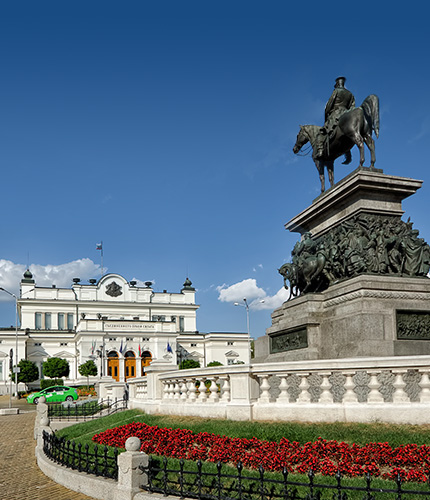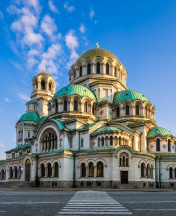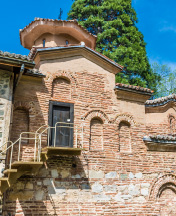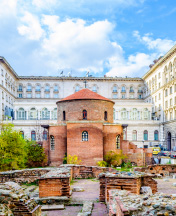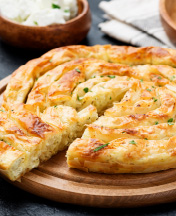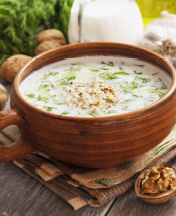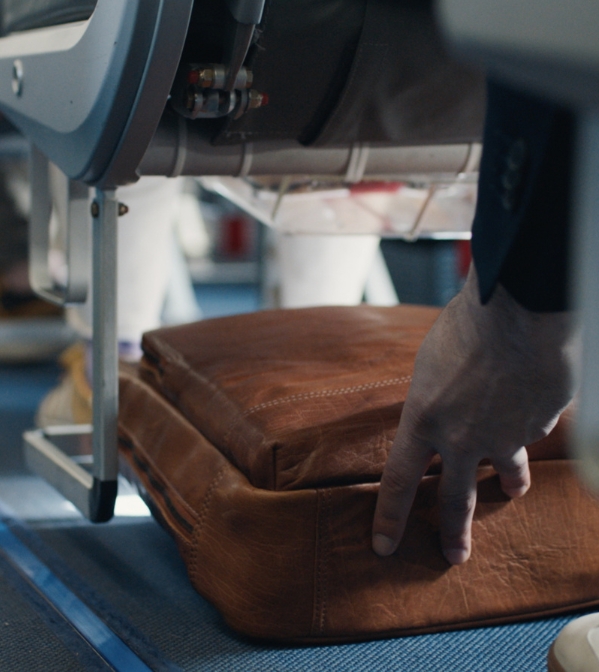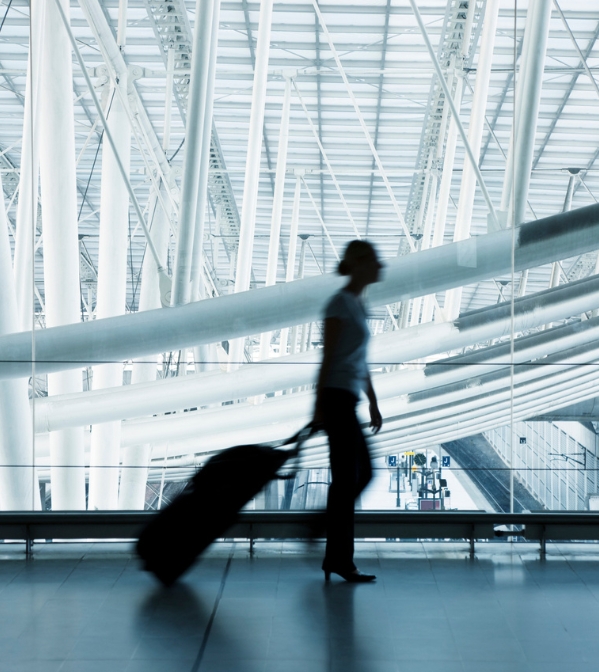Originally known as Serdica, Sofia was founded 3,000 years ago by the Thracians, but the history of the city dates back to around 7,000 years, making it one of the oldest cities in Europe. By 29 BC, Sofia was in the hands of the Romans under the Emperor Trajan. He, along with his successor Diocletian, began to expand the city. The city was loved by the emperors, later became a node of the Eastern Roman and then of the Byzantine Empire, before being razed by the Huns in 447. It was rebuilt by Emperor Justinian, and remained an essential part of Byzantium until 809, when it was conquered by the Bulgarians under Han Krum. In 1089 the city returned to Byzantium until 1189, when it was conquered definitively by the Bulgarian Tsar Ivan Assen I. Another conquest, this time by the Ottomans, came in 1382 and the Turks came in Sofia to stay. Under the Ottomans, Sofia flourished and became one of the top cities of the Empire – a position held until the 18th century. With the Turks finally expelled in 1878 during the Russo-Turkish War, Sofia became the capital of the newly independent Kingdom of Bulgaria. World War I brought the city close to disaster, after it joined the war on the Axis side, while 20 years later, fighting again with the Axis Powers, the city was left heavily bombed by the RAF. The end of World War II brought Soviet occupation to the city as Bulgaria became part of the Eastern Bloc. This was followed by rapid industrialization, with new factories and apartment buildings emerging all over the city. Independence returned after the fall of the Berlin Wall in 1989, although things seemed precarious in the 1990s as hyperinflation prevailed. Today, politically calm and prosperous economically, Sofia has returned to its beautiful best.
